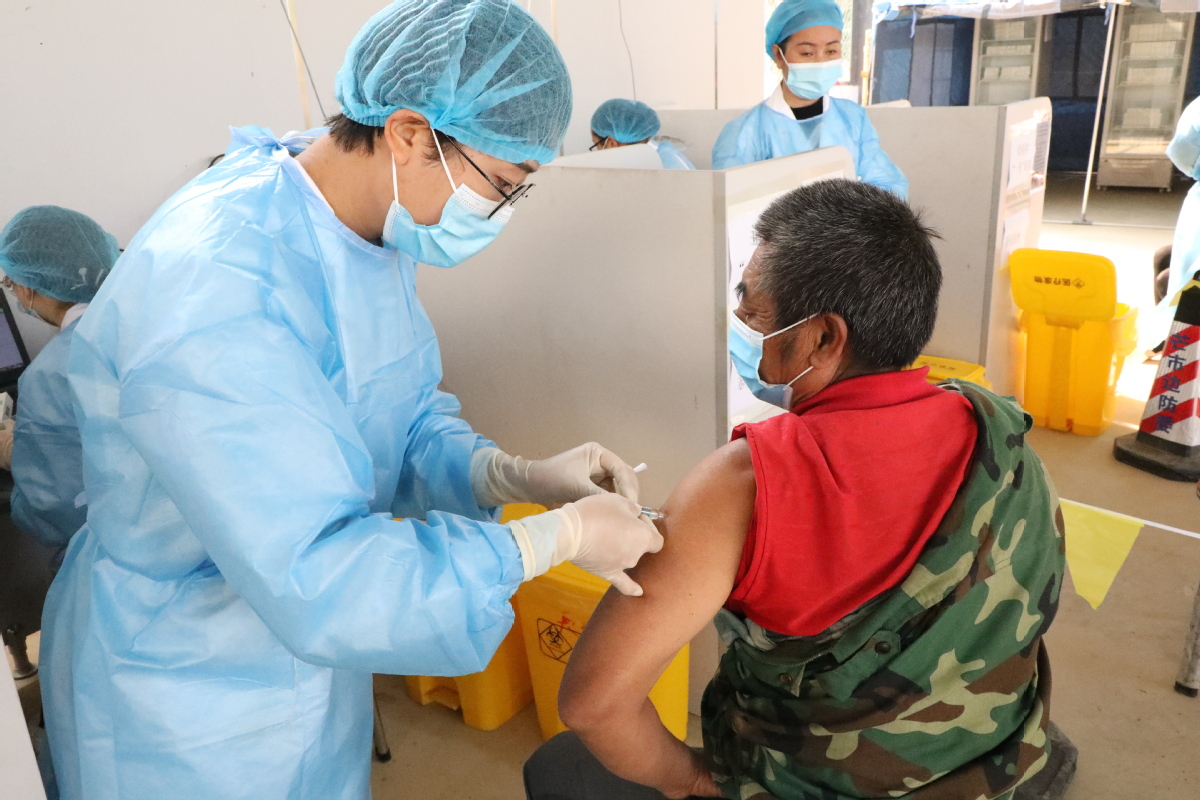Border firewall has to be bolstered: China Daily editorial


That 12 people have been confirmed to be infected with the novel coronavirus in Ruili, a city in the southwest of Yunnan province that borders Myanmar, highlights the necessity of strengthening epidemic control and prevention in border cities and ports.
According to the official website of the Yunnan Provincial Health Commission, six cases of infection were detected on Tuesday and Wednesday, while the number of new asymptomatic cases in the city rose from three to 26 within two days.
This is not the first time the virus has appeared in Ruili since the country generally tamed the epidemic. The city reported two imported cases on September 13, 2020, with the local government quickly responding by requiring all residents to take nucleic acid tests, as well as implementing a lockdown on Sept 14 that lasted a week until everything returned to normal.
The response this time has been even quicker. The provincial Party chief and governor arrived in the city on Tuesday evening. At 10:00 pm on Tuesday, traffic control measures, had already been implemented in Ruili under the principle "No entry, no exit". Anyone wanting to leave the city must have a specific reason for doing so and must have tested negative within the last 72 hours, while those trying to enter Ruili are being turned back.
All local residents are to take a nucleic acid test. By 8:00 pm on Wednesday, 207,136 samples had already been collected, and it was expected that testing would be completed on Thursday evening.
With these measures, every person can be confident that the epidemic will be quickly brought under control and the dead ashes of the COVID-19 wildfire won't burst into a wider conflagration.
As the province with one of the longest boundary lines in the country, Yunnan has taken multiple measures, such as clamping down on smuggling and imposing stricter requirements on cross-border logistics.
But the infections highlight the necessity of strengthening epidemic control and prevention in border cities and ports. Border areas must be prepared to fight a protracted war. The virus will take advantage of any lapse in vigilance.
This applies to not only Ruili, but also all cities along the border. The local governments in these places must be on high alert.
The inspection of border entries ought to be further strengthened, so as to minimize the risk of imported cases, and the vaccination process for residents in border areas should be accelerated, so that a Great Wall of immunity can be built at the border to better protect the whole nation.


































